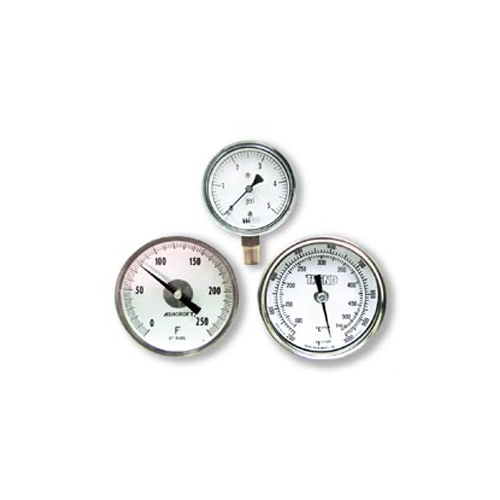Boilers are an essential component of any steam-based industrial system, as they provide the necessary heat to generate steam for various applications. Boiler feed water is an integral part of any steam boiler system, as it not only helps to produce steam but also plays a crucial role in maintaining the health and longevity of the boiler.
One of the critical aspects of maintaining feed water is keeping it at a specific temperature when it enters the boiler after flushing or cleaning.
In this blog post, we’ll explore the reasons why maintaining the correct feed water temperature is essential and why it’s critical for the efficient and safe operation of the boiler.
1. Efficiency of the Boiler
One of the most significant reasons why maintaining the correct feed water temperature is essential is because it affects the efficiency of the boiler.
The temperature of the feed water can have a significant impact on how hard the boiler has to work to maintain its temperature. If the temperature of the feed water is too low, it can cause the boiler to work harder, which can lead to decreased efficiency and increased energy consumption.

For instance, let’s say the feed water temperature is 50°F, and the boiler requires 212°F steam to perform its task. In this scenario, the boiler would have to work harder to heat the water to its required temperature. However, if the feed water temperature is already 120°F, the boiler would not have to work as hard to heat the water to the required temperature, leading to increased efficiency.
2. Thermal Shock Prevention
Another critical reason why maintaining the correct feed water temperature is essential is to prevent thermal shock to the boiler.
Thermal shock occurs when there is a sudden change in temperature within the boiler, which can cause the metal to expand and contract rapidly. This can lead to stress on the metal, which can result in damage or failure of the boiler.

Maintaining the correct feed water temperature can help prevent thermal shock by ensuring that the temperature of the water entering the boiler is not too different from the temperature of the water already present in the boiler. This prevents sudden changes in temperature, which can lead to thermal shock
3. Corrosion Prevention
Maintaining the correct feed water temperature is essential to prevent corrosion within the boiler. If the feed water temperature is too low, it can cause the metal to corrode more quickly, leading to leaks and other issues. Boiler inspections help prevent catastrophic failures by identifying and rectifying these types of issues. It is necessary for the boiler owner to have timely inspections of their boiler to ensure that it is functioning correctly and efficiently.
Corrosion occurs due to the presence of dissolved oxygen in the feed water.
When the water temperature is low, the oxygen in the water dissolves more readily, leading to increased corrosion.
However, by maintaining the correct feed water temperature, the oxygen content of the water can be reduced, thus reducing the likelihood of corrosion.

Conclusion
In conclusion, maintaining the correct temperature of the feed water when it enters the boiler after flushing or cleaning is essential to ensure the efficient and safe operation of the boiler. It helps prevent thermal shock, corrosion, and maintains the efficiency of the boiler.
Therefore, it is crucial to ensure that the temperature of the feed water is maintained at the appropriate level.
Do you want to know more about Importance of Maintaining the Correct Feed Water Temperature? Contact us to know more about the controlling process of logistics.
#solarkaz #solarkazinternational #importanceofmaintainig #Efficiency of the Boiler #Thermal Shock Prevention #Corrosion Prevention

